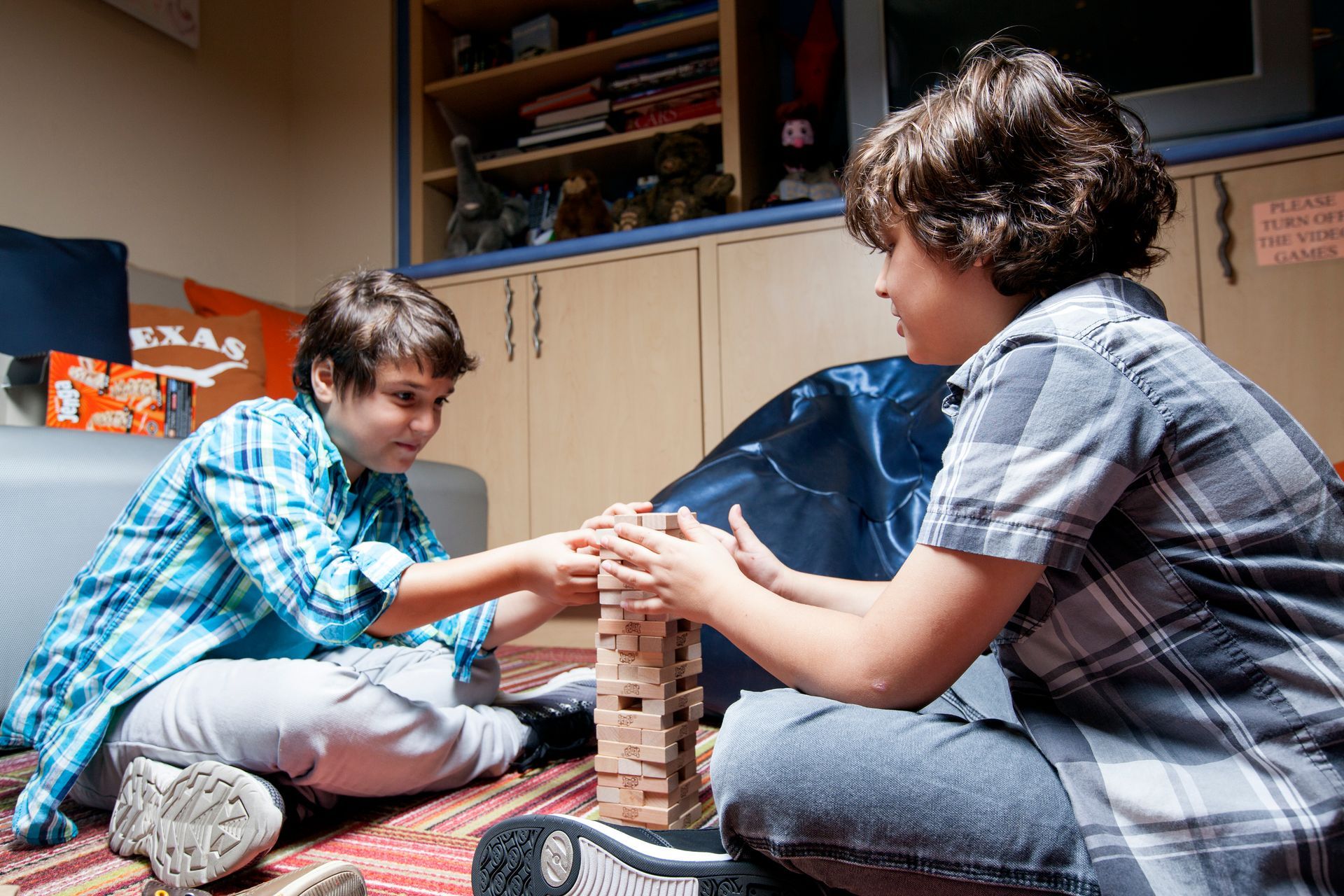Story of Hope: Benny and Joann
Benny and JoAnn became advocates in May of 2017. They signed on to their seventh case in January of 2023. This case was a special request made by the Judge and CPS. The children were brought into care for neglectful supervision and the parent’s drug use. Kayla is 10, Kenny is 8 and Kyle is 4. This would be the 3rd legal case these children had to experience. Benny and JoAnn made their introductions and met with the caseworker, Amanda, to get a little backstory as she had been the caseworker in their last legal case. Amanda is amazing and cares for these children like they were her own. She also knows what they have been through and was able to provide details about their history to the advocates which allotted them a better understanding on what these children had been through.
At the start of the case the children were bounced around from fictive kin to shelter to RTC and back to shelter. At times the children had to be separated due the boys severely triggering each other’s behavior. In all the placements the children were at, Benny and JoAnn made sure they visited more than once a month to gain their trust and connect with them. They brought them items from the CASA office and even purchased items out of their own pocket so the children had a sense of normalcy. The case was even referred to CFE, Collaborate Family Engagement, as there was no placement or permanency for these children. CASA, CPS, the ad litem and the GAL all came together for multiple meetings to discuss possible family or friend connections. Only one family member was identified but only wanted Kenny placed with her. This placement did not last but one month and we closed CFE as all other relatives had either CPS or criminal history. Throughout this time the mother had been in and out of inpatient and outpatient services and the father had stopped communication with CPS and CASA. At this time the parents have not been consistent nor shown they are capable of change and supporting their children.
Currently all three children are separated; Kayla is in an emergency shelter and the two boys are in separate therapeutic foster homes out of the region. Although this is not the ideal situation for siblings to be separated, this is the best decision at this time. The children are learning about structure, consistency, and healthy relationships for the first time in their lives. They are getting the 1:1 attention they so desperately needed and are finally learning how to be a child. Benny and JoAnn drove up to see the siblings together and were able to confirm that this is where they need to be. We are set for trial next month. Everyone who knows this case knows we have a long way to go but I am so confident that these children will get their happy ending because they have such amazing advocates cheering them on and constantly reminding them that they are loved. Benny and JoAnn will fight for them and be the voice they until permanency is achieved.









